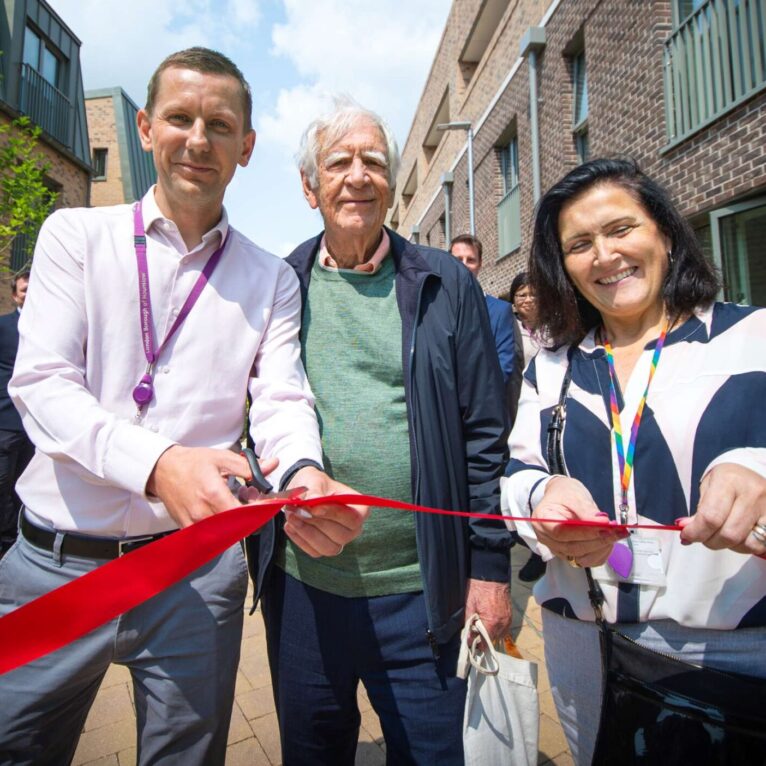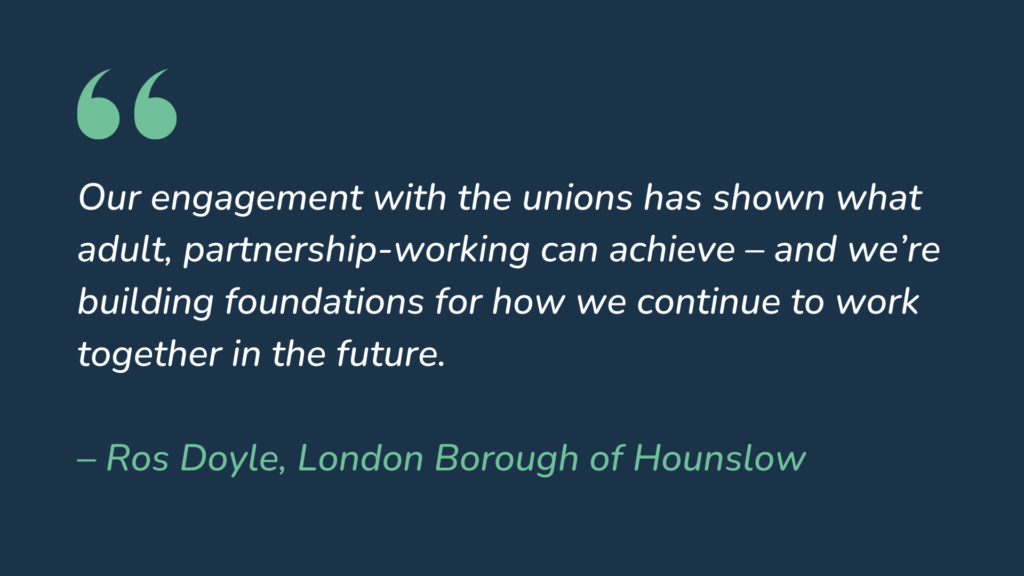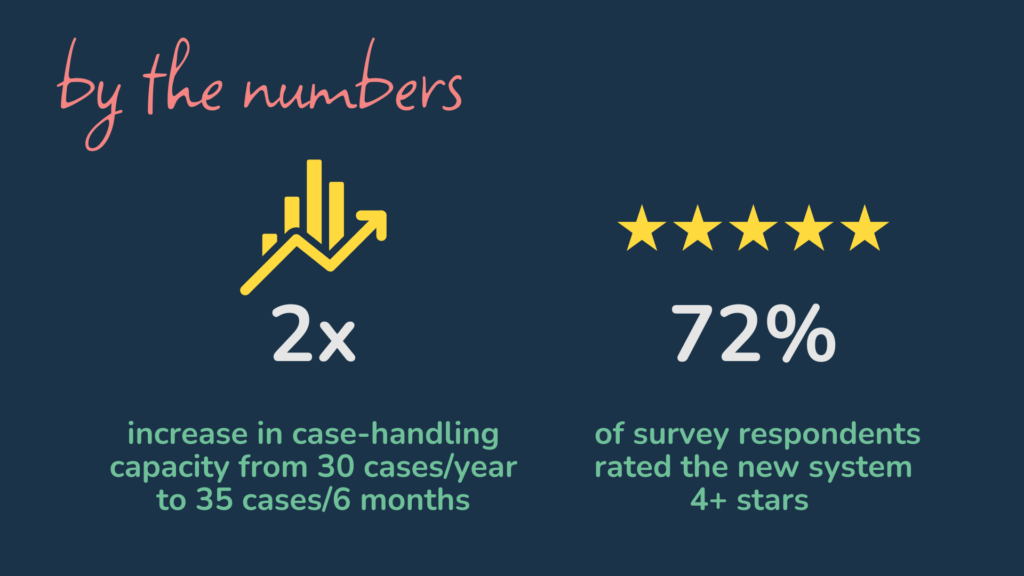
Share article:
Tags:
In the heart of West London, the London Borough of Hounslow embarked on a transformative journey that would reshape how they approached workplace conflicts for their 2,200+ employees. The story begins in 2019, when a new chief executive arrived, bringing fresh perspectives and a desire to redefine the organisation’s values.
Ros Doyle, Head of Strategic People Services at Hounslow, recalls the process vividly. “We had a whole organisation conversation about our values,” she explains. “Everybody was asked about what mattered to them – we really wanted to understand what makes us Hounslow – who we are and how we do things.” This extensive consultation led to the establishment of five key values:
• Lead with Heart
• Do New
• Pass on the Power
• Harness the Mix
• Be a rock
When Values Meet Reality
As the council began to embed its values, it quickly became clear that their people policies needed to shift: from an approach that was too focused on the minority of situations where things weren’t working, to one which put people at the centre, brought humanity to the workforce and enabled people to flourish. What immediately stood out was how much the existing disciplinary and grievance procedures jarred with a people centered approach. Alison Ford, a People Consultant, puts it simply: “The word ‘disciplinary’ – it just felt very… wrong.”
At this time, the Hounslow team came across TCM’s Resolution Framework™ – and the rest, as they say, is history!
Breaking from Tradition
The Resolution Framework™ moves away from adversarial, policy-driven processes towards a more humanistic, values-based approach and emphasises early resolution, restorative justice, and collaborative problem-solving. By replacing traditional grievance and disciplinary procedures with a single, integrated framework, it offers organisations a way to align their conflict management practices with their core values and create a more positive, engaged workforce.
Here was an approach that aligned perfectly with their values, emphasising restoration and understanding over punishment and blame. However, the path to implementation was more challenging than they’d expected.
The Unions, were understandably cautious, needing reassurance that this would be a better way forward and would preserve some fundamentals. Legal advisors needed time to understand the balance of the new approach: offering so many more opportunities to resolve conflict early, whilst remaining legally sound . It was even a step change for the People team whose worlds were also changing. As Ros notes, “we were surprised when everyone didn’t think it was the great idea we did.”

But Hounslow knew this offered incredible opportunities to Do New, so they invested significant time in stakeholder engagement, particularly with the unions. “We probably had a year to a year and a half of different conversations that you couldn’t rush,” Ros remembers. These discussions were crucial in building understanding and trust.
Learning Through Practice
The implementation process was a learning experience for everyone involved. They established a Resolution Hub, trained internal mediators and investigators, and created new processes for triaging cases. When the Framework went live, the team had to adapt and learn quickly, and found that daily stand-up meetings were a brilliant to get heads together and support each other in launching the new approach.
The Framework marks a shift in the way Hounslow works with and supports colleagues: the language change (‘reminder’, ‘meeting’, ‘resolution’ replacing terms like ‘warning’, ‘hearing’, ‘penalty’) indicates a relationship of adults working together to achieve the behaviours that are important to the organisation. There is also a shift in engagement – Hounslow wants to know if colleagues are unhappy at work or facing challenging situations so that these can be addressed and resolved and people can feel happier at work.
The results, while still early, are promising. In the first six months, they handled over 50 cases through the new framework – a number that would have taken a full year under the old system. More importantly, the outcomes in these cases are changing. There’s a noticeable shift towards mediation and facilitated conversations rather than formal procedures.

The team is particularly proud of the relationships they’ve built along the way. As Ros notes, “Our engagement with the unions has shown what adult, partnership working can achieve – and we’re building foundations for how we continue to work together in the future.”
Looking ahead, the Hounslow team is committed to continuous learning and adaptation. They now seek feedback on every request for resolution that’s been put through the framework and are finding this intelligence so helpful in understanding what’s going well and what could be even better. They’ve already put some new learning in place on the back of colleagues’ responses.
The Journey Continues
As Alison aptly puts it, “We’re on a journey with it. I mean, just to say we’re not there yet, but we’re getting there.” The London Borough of Hounslow’s experience demonstrates that while changing established practices is challenging, the rewards – in terms of improved relationships, better alignment with values, and more satisfactory outcomes – make it a journey worth undertaking.
Their story serves as an inspiration and a practical guide for other organisations looking to revolutionise their approach to workplace conflict. It shows that with vision, persistence, and a willingness to learn, it’s possible to create a more compassionate, effective, and values-driven workplace.














